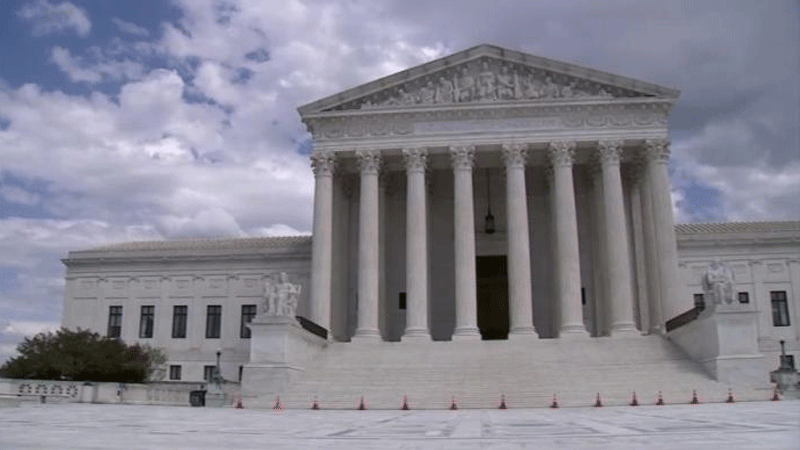A class-action settlement that required Education Department to automatically forgive debt of nearly 200,000 borrowers who attended 151 schools gave rise to the most recent dispute.

The U.S. Supreme Court on Thursday declined to block a legal settlement that would erase more than $6 billion in debt owed by former students of colleges, many of which are for-profit establishments, who claim that institutions misled them about academics and employment prospects.
The justices rejected a request from three colleges who are contesting a deal between the U.S. Department of Education and borrowers that connected the colleges to allegations of “substantial misconduct,” which they deny.
Following the agreement’s approval by a federal judge in California in November of last year, Lincoln Educational Services Corp (LINC.O), American National University Inc, as well as nonprofit Everglades College Inc, filed a challenge. One of the three schools was attended by about 3,500 borrowers who qualified for automatic loan discharge under the settlement.
The decision had nothing to do with the legality of President Joe Biden‘s proposal to forgive $430 billion in student debt for about 40 million borrowers, which is a case currently before the Supreme Court. By the end of June, a decision in that case is anticipated.
A class-action legal settlement that required the Education Department to automatically forgive the debt of nearly 200,000 borrowers who attended 151 schools gave rise to the most recent dispute.
According to Eileen Connor, director of litigation at the Project on Predatory Student Lending, a group that represents borrowers involved in the settlement, the schools have been accused of increasing enrollment through aggressive sales tactics as well as false representations about the quality of their academic offerings, graduates’ career prospects, and networking opportunities.
“The highest court’s prompt and firm action today ought to put an end to any lingering questions about the legality of this settlement. The message is clear: despite well-funded, inflated political attacks posing as legal arguments, student loan borrowers’ rights will not be compromised “told Reuters, Connor.
The three institutions claimed in court documents that their reputations had been damaged, equating their listing on the list of schools covered by the settlement with being “branded with [a] scarlet letter.” Additionally, they claimed the Biden administration lacked the legal right to forgive the debt.
The agreement resulted from borrowers’ initial legal attempt in 2019 to compel Betsy DeVos, the president Donald Trump’s education secretary at the time, to resume the Education Department‘s review of their misconduct claims against the schools. The parties reached a settlement in June 2022, three years after the parties first filed their lawsuit and a change in presidential administration.
U.S. District Judge William Alsup, who is based in California, approved the settlement last year and dismissed the three colleges’ objections in February.
The three schools attempted to prevent the settlement from going into effect while their appeal was pending, but the 9th U.S. Circuit Court of Appeals in San Francisco rejected their request in March. Ohio was one of twenty Republican-leaning states that had petitioned the Supreme Court to grant the schools’ request to halt further loan discharges under the settlement.
By April 11, approximately 78,000 borrowers had already had their loans discharged, the Biden administration informed the judges in a court filing. An attorney for the schools did not immediately respond to a request for comment, and the administration declined.